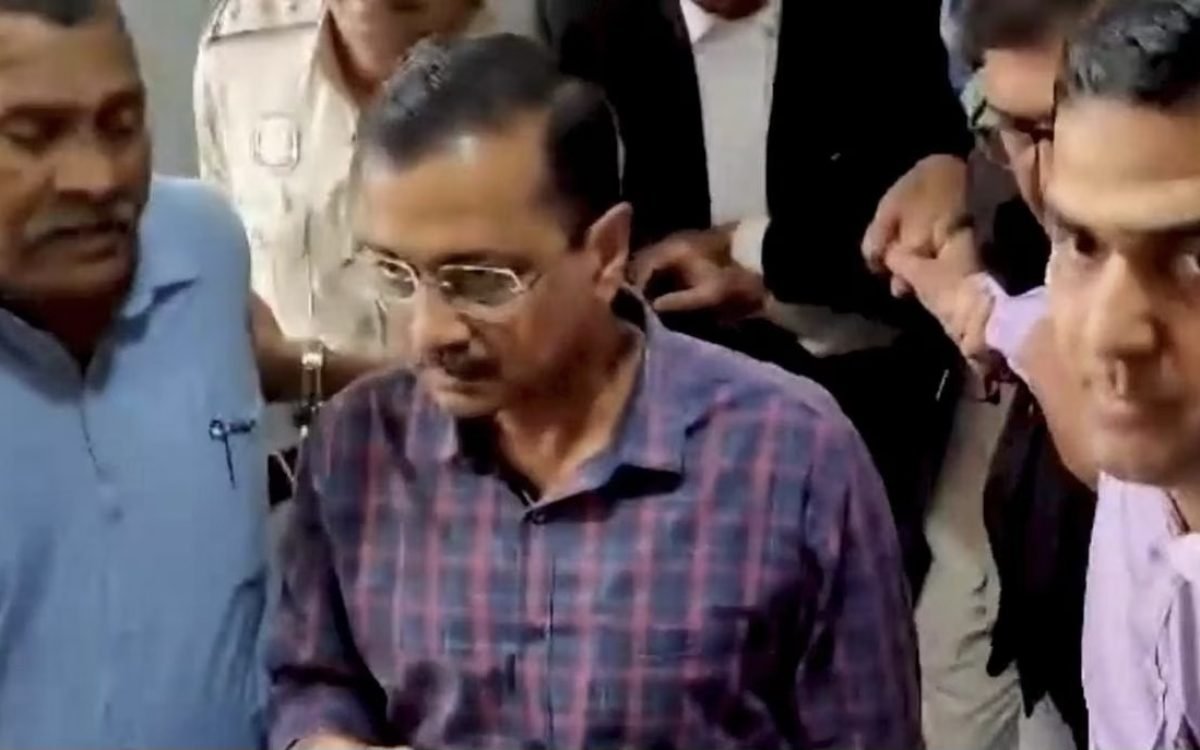Delhi Chief Minister Arvind Kejriwal found himself in the midst of legal turmoil as he made his appearance in court on March 16, responding to allegations leveled by the Enforcement Directorate (ED) concerning his purported non-compliance with summons related to the now-defunct Delhi excise policy scam.
In a recent turn of events, the court granted Kejriwal bail, albeit contingent upon the submission of a ₹15,000 bond and a surety of ₹1 lakh. This decision followed a plea from his legal representative, who emphasized the necessity of bail to enable Kejriwal’s continued participation in the ongoing legal proceedings.
However, the legal saga took another twist as a sessions court declined to halt proceedings against Kejriwal, opting instead to direct him to seek exemption from personal appearance through the appropriate legal channels.
This development followed Kejriwal’s earlier attempt to seek refuge in the sessions court against a directive from Additional Chief Metropolitan Magistrate Divya Malhotra, summoning him for a compulsory appearance on March 16.
The ED’s persistent pursuit of Kejriwal’s prosecution stems from his alleged failure to comply with the initial three summonses issued in connection with the money laundering allegations linked to the defunct Delhi excise policy.
As Kejriwal continues to navigate this intricate legal landscape, uncertainties abound, prompting widespread speculation regarding the potential ramifications for both him and the broader political arena. The outcome of these legal proceedings holds significant implications for Kejriwal’s political future and the trajectory of governance in Delhi.









